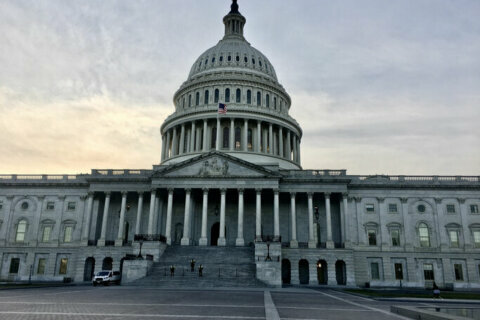Heading toward April, the Trump administration was operating on several fronts, following the withdrawal of Republican-led legislation revising health care law.
The Office of Management and Budget underscored the White House desire to re-organize the federal government. It issued 119 pages of guidance for how agencies should go about what it calls reshaping the work force. The advice includes ideas for avoiding reductions in force, such as furloughing people, sending them to other agencies, or demoting them. It followed that up with a 64-page guide to administrative furloughs.
President Donald Trump earlier in the week revealed a federal management agenda. Adviser Jared Kushner will head up a new unit in the White House, dubbed the Office of American Innovation. It will focus on improving procurement and modernizing agencies’ information technology infrastructures, and also on conditions at the Veterans Affairs Department. The goal is to improve how government interacts with and serves citizens.
Lots of federal employees will have to think differently as a result of two presidential actions. Contracting officers won’t have to focus on contractor labor law violations, or at least not worry about obtaining redundant reports on them. That’s because Congress, in a joint resolution signed by President Trump, voided a reporting rule imposed by the Obama administration.
Also voided: the Obama-era clean power plan from the EPA. Climate change become and the social cost of carbon become smaller considerations in environmental rule-making. But environmental groups and congressional Democrats challenge the move.
More details emerged on how the Trump administration proposes to cut civilian agency budgets in 2018 to offset increases in defense spending. For example, the FDA would see a $40 million cut in its salaries and administrative expenses lines. Homeland Security would lose $41 million for financial systems modernization, a project it shares with Interior.







